We all have to deal with things that have the potential to ruin our mood but diabetes need not be one of them! Usually, diabetes is a word that provokes fear in all. But did you know that it can actually be brought to its knees through a careful lifestyle and regular check-ups? ‘Why check-ups’ you ask?
Well, these tests are an excellent way of figuring out exactly how well you are managing diabetes. The results give a clue to the effectiveness of medicines you are taking and this helps your doctors determine whether you need a change of medication or dosage.
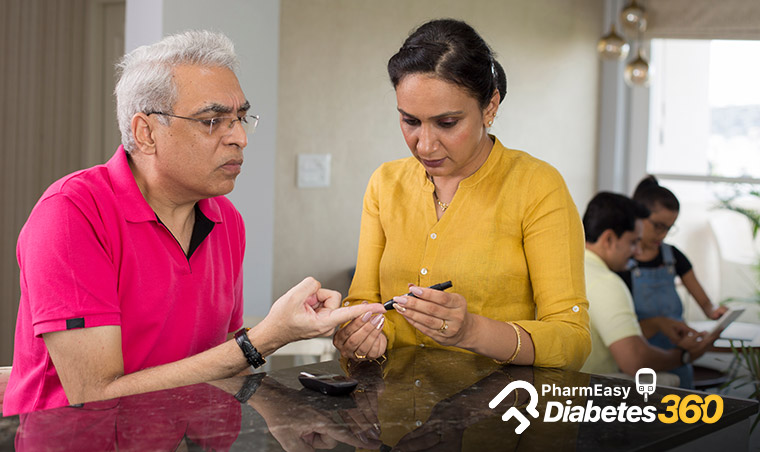
Table of Contents
Tests to Check if your Blood Sugar is in Control
There are three tests that your doctor is likely to recommend:
Fasting Blood Sugar Test or FBS
- This test is done early in the morning. You should not eat or drink anything except water for at least 8 – 10 hours before the test.
- People on diabetes medication (especially those who are uncontrolled) and those on insulin should get this test done a couple of times a week or as advised by your doctor.
- This test can find out your blood sugar level when your stomach is empty. This gives a clue to how well your body is managing blood sugar levels in a fasting state.
Post-Prandial Blood Sugar Test or PPBS
- This test is done after a meal, usually two hours after you’ve started eating (not 2 hrs after completing your meal).
- People on diabetes medication (especially those who are uncontrolled) and those on insulin should get this test done a couple of times a week or as advised by your doctor.
- Since blood sugar shoots up after meals, this test helps understand how your body processes sugar after a meal.
Haemoglobin A1 c Test of HbA1c
- No preparations are required for this test.
- People diagnosed with diabetes need to get tested once in 3 months.
- This test helps doctors get an idea of your average blood sugar control for the past 3 months.
Other Health Checks
Diabetes can trigger many other health complications. That is why your doctor will ask you to undergo a few more tests on a regular basis to assess your overall health.
1. Lipid Profile
This test measures the levels of LDL (bad cholesterol), HDL (good cholesterol) and triglycerides. A deranged lipid profile can be harmful to your heart health, blood pressure, eyesight and may lead to other serious consequences if not controlled on time. Usually, this test is conducted while you are fasting (minimum 10 – 12 hours of fasting). People with diabetes need to opt for this test once or twice a year or based on your doctor’s suggestion.
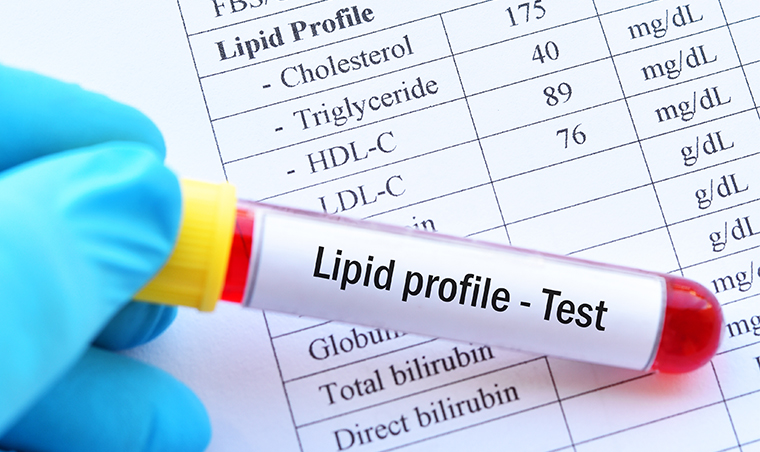
2. Liver Function Test
This test gives an overview of your liver function which is an important parameter of a routine health exam for people living with diabetes. Some foods and medicines may affect the levels, inform your doctor about all prescription medicines and herbal supplements that you take.
3. Kidney Function Test
Early-stage kidney disease does not show any symptoms and since diabetes increases the likelihood of this disorder, you need to opt for this test.
It is recommended that you get tested for your kidney function at least once a year or as suggested by your doctor.
4. Annual Eye Exam
High levels of blood sugar can affect your vision adversely. Early stages of diabetic eye disease may not present with any recognizable symptoms, hence, remain undiagnosed. The best way for early diagnosis and prompt action is to not wait for symptoms to present and get an eye test annually.
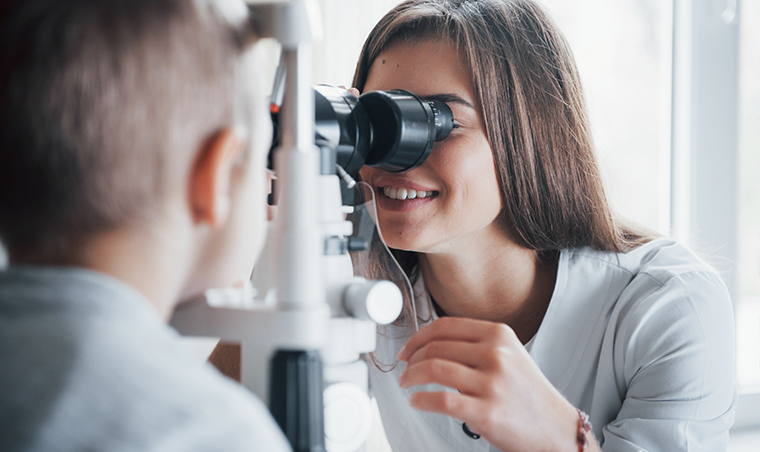
5. Tests for Heart Health
Diabetes and that too if poorly controlled, puts you at risk of developing heart diseases.
To assure your safety and health, your doctor will advise monitoring of blood pressure and heart health by tests like ECG, Echo, Stress test and cardiac biomarkers as and when required. You may need to undergo these tests at least once a year.
6. Dental Check-up
People with diabetes are at a higher risk of dental infections and gum diseases. A dental check-up every six months is advised for good oral health.
Routine health check-ups are an important aspect of managing diabetes. With these tests, your doctor will be able to keep tabs on the state of your health. Monitoring and early detection can help you take the right action at the right time and prevent the onset of serious complications.
Disclaimer: The information provided here is for educational/awareness purposes only and is not intended to be a substitute for medical treatment by a healthcare professional and should not be relied upon to diagnose or treat any medical condition. The reader should consult a registered medical practitioner to determine the appropriateness of the information and before consuming any medication. PharmEasy does not provide any guarantee or warranty (express or implied) regarding the accuracy, adequacy, completeness, legality, reliability or usefulness of the information; and disclaims any liability arising thereof.
Links and product recommendations in the information provided here are advertisements of third-party products available on the website. PharmEasy does not make any representation on the accuracy or suitability of such products/services. Advertisements do not influence the editorial decisions or content. The information in this blog is subject to change without notice. The authors and administrators reserve the right to modify, add, or remove content without notification. It is your responsibility to review this disclaimer regularly for any changes.



 By
By 










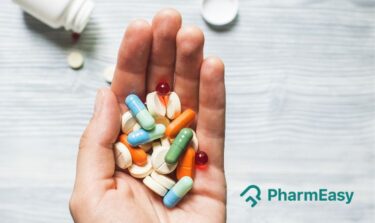

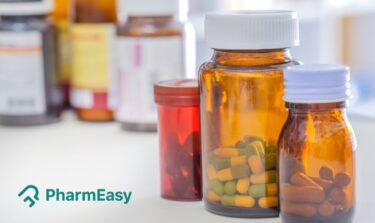

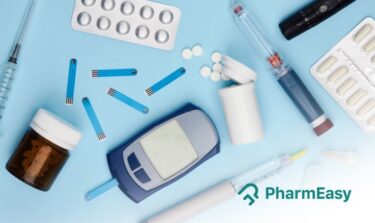






Comments